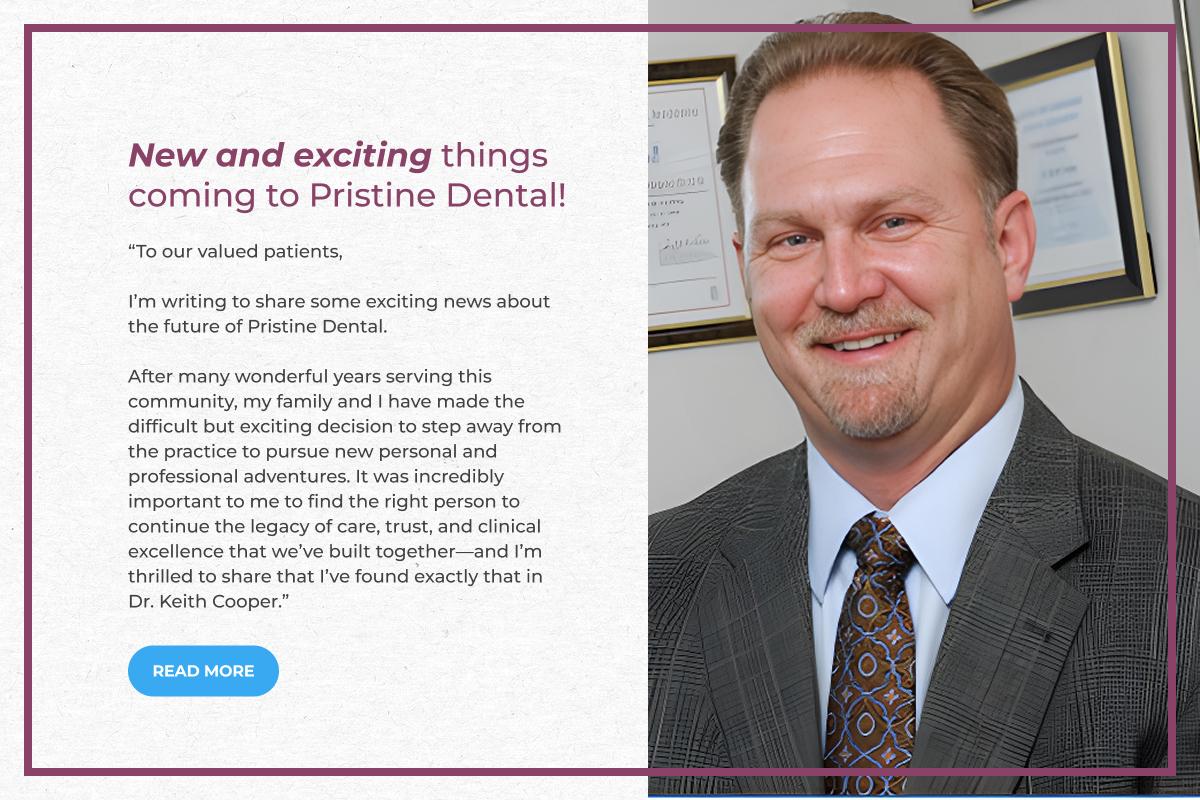Oral health is a critical component of our overall well-being, yet it often gets overlooked. Dental specialists play a vital role in maintaining and improving this aspect of health. In this blog, we’ll explore the various types of dental specialists and how their expertise contributes to oral health. From routine care to specialized treatments, dental specialists are equipped with skills to address diverse oral health needs.
General Dentists and Their Crucial Role
General dentists are often the first point of contact in oral healthcare. They are responsible for diagnosing and treating common dental issues, as well as providing preventive care. Regular dental check-ups with a general dentist are crucial for maintaining oral health and detecting any early signs of dental problems.
The value of general dentists goes beyond routine cleanings and examinations. They serve as a gateway to more specialized care when necessary. For instance, if you have complex dental concerns that fall beyond their primary expertise, a general dentist will refer you to a specialist who can provide targeted treatment. Their ability to spot potential issues early makes general dentists a vital component of comprehensive dental care Types of Dental Specialists.
Taking a closer look at their daily responsibilities, general dentists perform a range of procedures. This includes cavity removal, fitting crowns, and conducting root canals, all efforts to prevent tooth decay and maintain oral health. Given their expansive training, they are well-prepared to handle many common dental necessities, thus acting as primary oral health providers. Furthermore, understanding dental insurance coverage is crucial, as many plans cover routine checkups and cleanings managed by general dentists, providing incentive for regular visits.
Orthodontists: Aligning Teeth and Jaws
Orthodontists specialize in diagnosing, preventing, and treating dental and facial irregularities. They correct malocclusions or ‘bad bites’ using braces, retainers, and other orthodontic appliances. Ensuring proper alignment is essential for both aesthetic purposes and functional benefits, such as improved chewing and speaking.
Beyond just straight teeth, orthodontic treatment can significantly impact overall oral health. Properly aligned teeth are easier to clean, which can help prevent cavities and periodontal disease. Orthodontists use various tools and techniques to gradually shift teeth into their correct positions, addressing issues like overcrowding, gaps, and out-of-place teeth. This transformation not only enhances one’s smile but also improves bite function and facial symmetry.
Orthodontists also provide treatment for underlying skeletal issues affecting the jaw and face. Conditions such as underbites or crossbites can lead to discomfort or even pain if left untreated. This specialty requires a deep understanding of both dental and maxillofacial anatomy, making orthodontists integral to addressing these complex conditions. By working closely with families and sometimes other specialists, orthodontists strive to achieve a harmonious balance of aesthetics, function, and health for every patient they treat.
Periodontists: Guardians of Gum Health
Periodontists focus on the supporting structures of the teeth, including gums and bones. They treat gum diseases and conditions such as gingivitis and periodontitis. Healthy gums are a foundation for strong teeth, making the role of periodontists vital in preventing tooth loss and promoting oral well-being.
The work of periodontists often involves conducting thorough examinations to diagnose the extent of gum disease and recommending appropriate treatments. This can range from non-surgical cleaning like scaling and root planing to surgical interventions for more severe cases. They may also perform dental implant placements to replace missing teeth, a procedure which demands their expertise in dealing with bone tissue and understanding complex gum dynamics.
Periodontists play a crucial role in educating patients about maintaining gum health. By providing guidance on proper oral hygiene practices and advising on the importance of regular check-ups, they help patients prevent the progression of gum disease. Their close monitoring of periodontal health ensures that small issues don’t develop into major problems, helping patients maintain a healthier mouth and overall well-being.
Endodontists: Masters of the Dental Pulp
Endodontists are specialists who deal with the inside of the tooth, particularly the dental pulp and nerves. They perform root canal treatments to save teeth that might otherwise need to be extracted due to infection or decay. Their expertise helps preserve natural teeth and prevent more extensive dental issues.
Focusing on the diagnosis and treatment of tooth pain, endodontists are trained to perform intricate procedures that alleviate discomfort while salvaging the affected tooth. Their advanced training allows them to perform delicate surgeries and address cases that involve cracked teeth or injury-related dental issues. The use of technology such as digital imaging and cutting-edge techniques in endodontic therapy underscores their role as indispensable figures in complex dental care.
Another critical function of endodontists lies in their preventive efforts. By conducting thorough examinations and utilizing their deep knowledge of dental anatomy, they can identify potential problems before they escalate. Entirely dedicated to the preservation of natural teeth, their work often results in a less traumatic patient experience, highlighting their importance in managing intricate dental health issues under the umbrella of comprehensive oral care.
Oral Surgeons: Experts in Surgical Care
Oral surgeons handle complex surgical procedures that may involve the mouth, teeth, jaws, and face. They perform surgeries for impacted teeth, jaw misalignments, and facial injuries. Their surgical skills play a critical role in treating conditions that may require more than routine dental care.
Oral surgeons’ scope of practice is broad and diverse. They manage the surgical extraction of wisdom teeth and, sometimes, perform corrective jaw surgeries to enhance both functional and aesthetic outcomes. These specialists also engage in reconstructive procedures, such as those required after traumatic facial injuries or in preparation for dental implants. Through collaboration with other healthcare providers, oral surgeons ensure comprehensive treatment plans that cater to the complex needs of their patients.
Emergency oral surgery, such as for a fractured jaw or to remove tumors, highlights the critical need for such expertise. Whether setting broken bones or guiding patients through healing and recovery, oral surgeons are key to managing severe dental and facial conditions. Their training in both dental and surgical disciplines allows them to handle cases with precision, achieving successful outcomes even in high-stake scenarios. This specialty ensures that challenging dental issues are addressed with the utmost care and professionalism.
Pediatric Dentists: Caring for Young Smiles
Pediatric dentists specialize in dental care for children, from infancy through adolescence. They address the unique dental needs of growing children and help instill good oral hygiene habits. With their specialized training, pediatric dentists ensure that children’s dental experiences are positive and stress-free.
The role of pediatric dentists extends beyond treating cavities and dental issues common in children. They focus on how dental health affects overall growth and development. By monitoring the development of the teeth and jaw, they can identify potential issues early and provide timely interventions. Furthermore, they educate both children and their parents about the benefits of proper dental hygiene, helping to establish lifelong habits for maintaining oral health Types of Dental Specialists.
Creating a welcoming and friendly dental environment is a hallmark of pediatric dentistry. Knowing that early experiences with dental care can shape perceptions and attitudes toward oral health in the long run, pediatric dentists place an emphasis on communication and comfort. Techniques such as behavior management and child-specific communication are employed to ease anxiety, making each visit as pleasant as possible. This empathetic approach facilitates a positive relationship with dental care that can endure throughout a child’s life.
The Importance of Dental Specialists in Oral Health
Dental specialists are essential to maintaining comprehensive oral health care. By understanding the different roles they play, patients can seek the right expertise for their specific needs, ensuring that their oral health is optimally managed. Whether it’s for preventive care or complex treatments, dental specialists offer invaluable services that contribute to a healthier smile.



